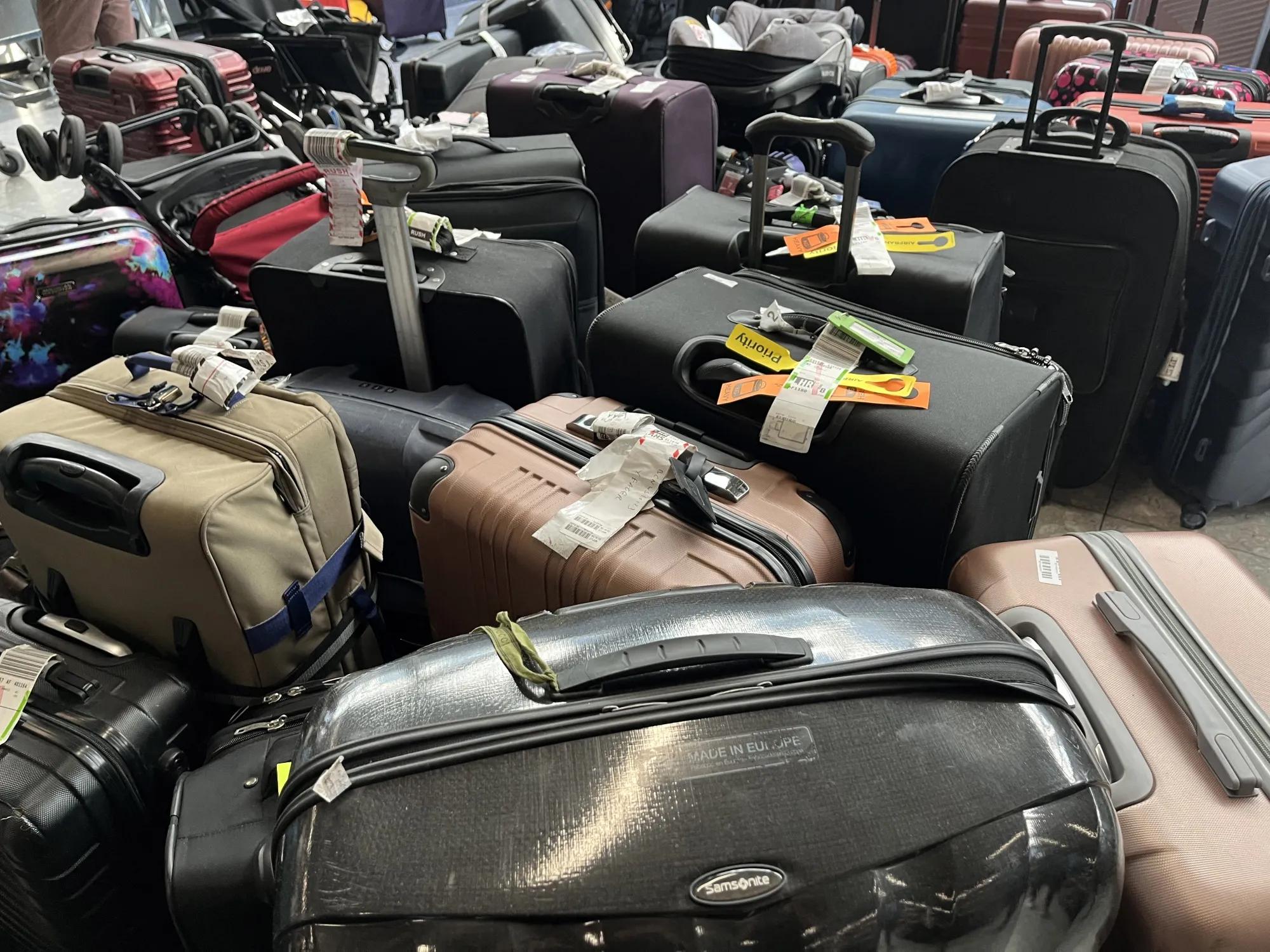
Email più intelligenti, business più veloce. Tag automatici, analisi e risposte immediate a richieste, preventivi, ordini e altro.
Tendenze
Airlines Use AI to Cut Incidents of Lost Luggage

Airlines Harness Artificial Intelligence to Reduce Lost Luggage Amid Rising Passenger Numbers
Airlines worldwide are increasingly adopting artificial intelligence (AI) to address the longstanding issue of lost luggage, achieving notable improvements even as global air travel continues to grow. Data from aviation technology firm SITA reveals that in 2024, 33.4 million bags were mishandled globally—400,000 fewer than in 2023—despite an 8.2% increase in passenger numbers. This decline has brought the rate of lost luggage down to 6.3 per 1,000 passengers, compared to 6.9 per 1,000 the previous year.
Technological Advances and Industry Challenges
Over the past 17 years, the rate of mishandled baggage has decreased by 67%, a transformation largely credited to advancements in automation, real-time monitoring, and AI-driven systems. SITA’s CEO, David Lavorel, emphasized that these technological upgrades have introduced “more precision” into baggage handling processes. However, the integration of AI is not without its challenges. Airlines face significant upfront costs, the complexity of merging new AI systems with existing airport and airline infrastructure, and the imperative to safeguard data privacy and security.
Despite these obstacles, the financial rationale for adopting AI is compelling. Mishandled luggage costs airlines approximately €4.3 billion annually, encompassing expenses related to returning bags, providing essentials to affected passengers, and compensating for permanently lost items—sometimes amounting to €1,000 per bag. As AI technologies become more widespread, airlines aim to reduce these losses while enhancing customer satisfaction and loyalty. This dynamic is driving competitors to accelerate their investments in technology to maintain market position.
Innovations in Baggage Tracking and Industry Trends
A prominent example of AI and digital innovation in baggage handling is the Lufthansa Group’s integration of Apple AirTag data into its tracking systems. Airlines such as Lufthansa, SWISS, Austrian Airlines, Brussels Airlines, and Eurowings now enable passengers to share the location of their AirTag or other Find My network accessories directly with the airline. This capability improves tracking accuracy and operational efficiency throughout the passenger journey. Dieter Vranckx, Executive Board Member and Chief Commercial Officer of Lufthansa Group, highlighted that the use of Apple AirTag data exemplifies ongoing efforts to enhance the customer experience through innovative digital services.
The broader travel industry is increasingly embracing AI tools, reflecting a wider trend toward advanced technological integration. SITA notes that while current technologies have already yielded measurable benefits, further progress will depend on improved data sharing and seamless coordination across the sector.
Practical Advice for Travelers
Despite technological advancements, experts continue to recommend practical measures for travelers to reduce the risk of lost luggage. Simon Calder of The Independent advises placing identification tags inside bags rather than on the exterior, where they are more susceptible to removal. He also suggests packing lightly and keeping essential items in carry-on luggage to avoid checking bags altogether. For those willing to pay a premium, booking direct flights can further minimize the risk of baggage mishandling, particularly when avoiding connections through major hubs such as London Heathrow, Paris Charles de Gaulle, or Amsterdam Schiphol.